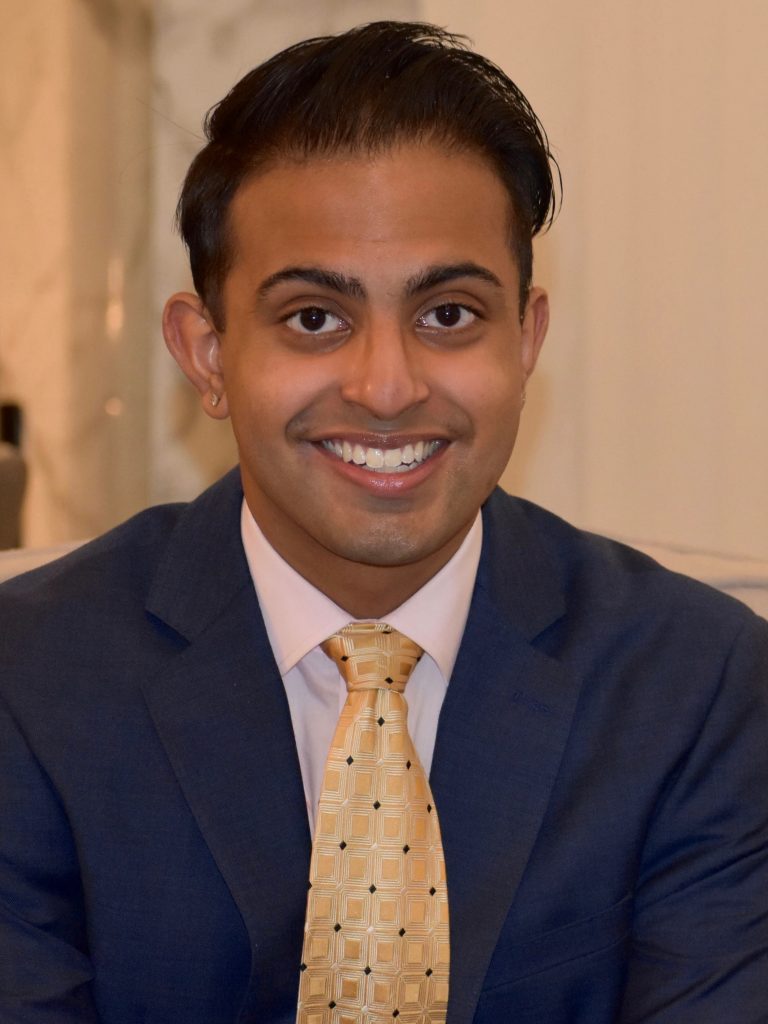
Jonah Thomas is a sophomore majoring in electrical engineering.
1. Tell us a bit about yourself — any clubs, hobbies or major plans for the future?
“I’m originally from East Northport, New York, where I became fascinated by science and how it can be used to improve our world. Now as a college student I get to conduct research to apply what I learn in the classroom! Over the past two years at [Binghamton University], I’ve found a passion for student advocacy through the Student Association [(SA)]. I started off as an SA Congress representative for Dickinson [Community], where I sat on the Elections and Judiciary, Financial, and Diversity, Equity and Inclusion (DEI) committees. I served as the vice chair for the first-ever DEI Committee last year, which prepared me for my current role as chair of the DEI Committee. Additionally, I’m the head policy strategist within the SA president’s office, and serve as a non-voting member of the Off Campus College Transport Board of Directors. In my free time, I love to practice my photography skills and learn new languages. In the future, I want to work in engineering and use my advocacy skills to make the field more inclusive.”
2. What is your platform?
“My platform is centered around three key points: innovate platforms to elevate student voices, implement [diversity, equity, inclusion and justice (DEIJ)] values in the University’s short and long term goals and improve administration-council-student relations. First, I aim to elevate student voices by establishing media and coordinating with University departments to share important information with all undergraduate and graduate students. Especially with COVID-19, students have seen how vital it is to have access to up-to-date information on University policies. Second, I will prioritize and emphasize [DEIJ] in every new and current policy/plan created by the University to confront inequities before they affect our student body. Students deserve to feel safe, heard and appreciated, and I will ask the administration the necessary questions to find equitable solutions. Finally, I aim to facilitate opportunities for students to engage with administrators across the University. This will help students understand University operations and administration to understand the students they serve. The ‘administration’ consists of more stakeholders than students might think. Outside of President Stenger, vice presidents and other faculty play a key role in implementation, and I look forward to fostering better relationships between these leaders, the BU Council and the entire student body!”
3. Why did you decide to run for an SA E-Board position?
“As a student representative for the past two years, I’ve seen firsthand the importance of accessible communication in effective advocacy. Especially during [COVID-19]-era learning, it’s been hard for students to communicate with each other to collectively advocate to the administration. I decided to run for BU Council representative to bridge that communication gap. I want to coordinate programming and mediums where students can truly be heard in decision-making. With this increased communication I will advocate to administration and implement University policy that will positively impact our growing and diverse student body. All students are entitled to a quality and equitable educational experience, and as BU Council representative I will advocate for students’ needs.”
4. Why should students vote for you?
“Students should vote for me because I’m honest and passionate about standing up for what is right. I enjoy actively listening to student needs and brainstorming ways to improve the student experience. As an engineering student, I spend my time evaluating problems and implementing solutions. This problem-solving mindset will help me assess and address problems within administrative plans, so that I can better advocate for students when new policies are created. I stand with students who feel their needs are unheard by the student government. As BU Council representative, I will actively include all students in the decision-making process by making myself available and creating coalitions between the SA, the Graduate Student Organization and larger student body.”


